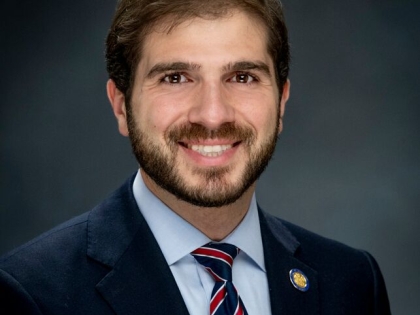
NYPD Warns Drivers: Slow Down And Beware Of Speed Cameras In School Zones
NEW YORK (CBSNewYork) – The NYPD is warning drivers to slow down in school zones – or it will cost you.
The reminder comes as students in the city head back to school tomorrow.
The mayor’s office says the number of speed cameras in school zones has increased to 360, with more being installed each month to reach 750 citywide by June 2020.
“With schools reopening, we’re doubling down on our effort to protect the most vulnerable among us: our kids,” Mayor Bill de Blasio said in a statement. “With more officers patrolling around schools and hundreds of new speed cameras coming on line in the months ahead, reckless drivers will hear one thing loud and clear: slow down or pay the price.”
Additionally, the hours of enforcement have doubled well beyond the school day — from 6 a.m. to 10 p.m. on weekdays year-round.
“If you don’t yield to the right-of-way to the pedestrians or the bicyclists out there, you will have problems,” NYPD Transportation Chief Thomas Chan said Wednesday.
If caught driving 10 miles an hour over the posted speed limit, get ready to pay a $50 fine.
The brand new speed camera at the corner of Third Avenue and 99th Street in Bay Ridge was a welcome addition for administrators at students at Fontbonne Hall Academy as they prepare to start the school year.
“It’s definitely nice knowing that there’s cameras, so that people will be more aware of what they’re doing and where they’re driving,” senior Isabella Chirico said.
Gov. Andrew Cuomo signed the expansion into law on Mother’s Day, and State Sen. Andrew Gournades was one of the bill’s sponsors.
“We have to engage in a massive culture change to get everyone to slow the heck down,” he said Wednesday. “This is not just about keeping kids safe when they’re in algebra and biology class. This is about keeping kids and people safe when they’re coming to schools for whatever the reason.”
The cost to drivers can never compare to heartbroken families, like mother Amy Cohen, whose son was killed in 2013.
“There is blood on our streets followed by a river of tears. It’s time we acted,” she said. “We’re grateful for this step forward, but we know we have more to do.”
Nearly 200,000 tickets were issued in July alone. According to the DOT, 80% of drivers who get their first ticket don’t get another one.
The money raised from the program will go toward studying its effectiveness and implementing other safety initiatives.